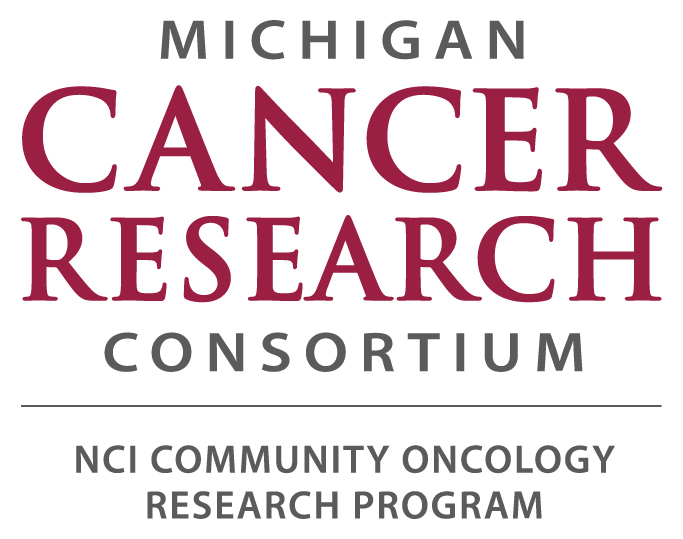About Clinical Trials

You are your own best advocate.
If you are one of the 1.65 million people diagnosed with cancer this year, one of the best things you can do is to take an active role in your care. By learning about cancer and the treatment options available to you, you will be able to decide with your doctor the best treatment for you. For some people, the right choice may be a new and potentially more effective therapy offered in a research study. Other research studies seek to reduce the symptoms you may feel during the course of your treatment. As a participant in these trials you may be able to hasten your own recovery and improve your quality of life.
Those free of cancer also benefit from being their own health advocates. If you wish to stay healthy, we offer other studies designed to help prevent cancer or to find cancer in its early stages. For example, these studies look at how medicines and diet supplements may prevent disease in people with a higher risk for cancer.
The knowledge gained through clinical trials is at the core of advances in cancer care for patients. Over the past 15 years cancer research has advanced dramatically. One goal of cancer research is to assess the effectiveness of the new diagnostic tests and treatments that are being brought to the public. The need is for more diverse participation in clinical trials to determine the most effective treatments.
At the heart of clinical research are individuals who, by volunteering to participate in a trial, benefit future patient care by helping researches learn what works in medicine. Researchers cannot promise patients an immediate personal health benefit from participating in a trial, but patients have described to us other kinds of immediate benefits from trial participation.
As one cancer trial patient summed it up, "Tremendous support and benefit comes from being part of a group of patients who are just like you. You feel tremendous medical team support because the researchers are worried about your specific disease and are devoted to treating your disease. They know more than anyone else about it". Another patient noted that even though she might not experience an immediate health benefit from the trial, she felt great satisfaction that her children and grandchildren might benefit from the knowledge gained from the trial.
Promoting Objectivity in Research - Financial Interest Disclosure
You can view our institution policy here: https://www.stjoeshealth.org/about-us/institutional-review-board/st-joseph-mercy-ann-arbor/
This policy provides requirements for the disclosure of financial interests that comply with the requirements of federal regulations of the U.S. Department of Health and Human Services (HHS) and the HHS Public Health Service (PHS), but this policy is not limited in application to PHS-funded research. Rather, this policy applies broadly to research performed at, or on behalf of St. Joseph Mercy Health System, regardless of the funding source.
